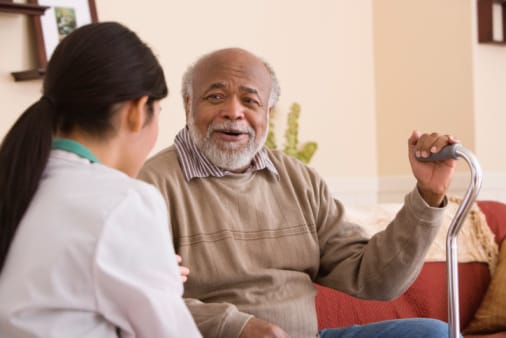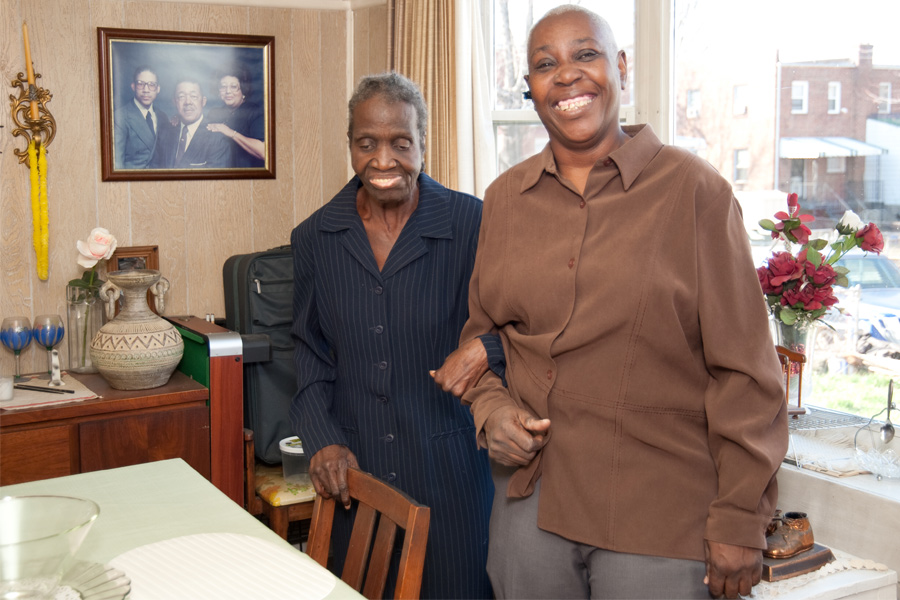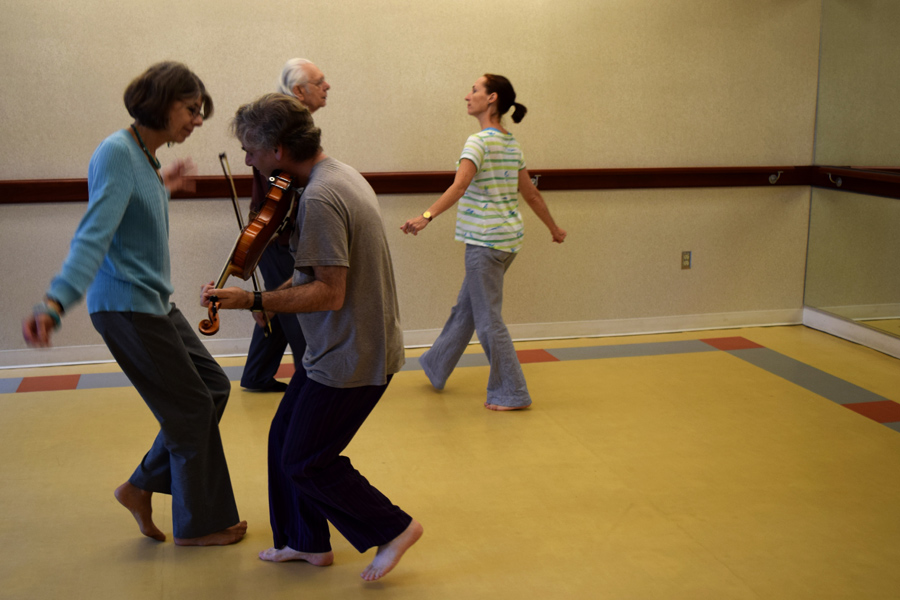Avoid Caregiver Burnout during COVID-19

While we are all doing our part to stay home, caregivers of aging loved ones are experiencing a dramatic increase in their caregiving duties as well as having to deal with new and unprecedented challenges in their routines. In these turbulent times, many family caregivers are transitioning to providing full time care for their loved ones while juggling their own. In the face of so much uncertainty, caregivers may feel exhausted, hopeless, and isolated. Caregivers experiencing an excessive amount of any of these symptoms or emotions may be at risk for caregiver burnout.
At Iona, we want to support our caregivers as much as possible while we all navigate our new normal. We’ve compiled some tips for caregiving and self-care, as well as identified some additional resources that may be helpful to caregivers in the midst of this pandemic.
Self-care is essential for caregivers, especially during this time.
Caregivers should not minimize or neglect their own health and emotional needs.
Here are some ideas for caregiver self-care:
- Paint or draw something. Studies show that just 45 minutes of art making can reduce stress causing hormones.
- Watch something funny. Laughing releases endorphins, soothes muscle tension, relieves pain, and improves your mood.
- Take an online yoga or workout class. If you’re looking for a new class, check out AroundTownDC.org for various fitness class options, including virtual and online sessions.
- Try guided mediation. Here are the top 2020 meditation apps from Women’s Health.
- Take a warm bath.
Caregivers may observe that their loved ones are seemingly experiencing additional distress and restlessness. For those individuals with dementia, having a daily routine is crucial to their sense of stability, since all the new safety precautions may have completely thrown off their daily schedule.
Here are some ways that caregivers can help calm their loved ones, and reduce their anxiety:
- Verbally acknowledge the changes in your daily routine.
- Create a new daily schedule and stick to the new routine as best you can.
- Try to turn off the news— the panic and constant reminder of a crisis going on outside will not help calm you or your loved one’s distress.
- When you speak with your family member, try to not only talk about the isolation. Make a list of other life updates to reference for conversation.
Here are some ideas for implementing a new daily routine:
- Set times for meals and try to enjoy healthy meals together.
- Have your loved one participate in small housekeeping tasks, like folding dishtowels or even winding a ball of yarn.
- Try to get some exercise into your day— even stretching while watching TV is better than nothing.
- Incorporate music into your daily activities. Music can be incredibly soothing for your person in times of added distress.
Remember, if you’re a caregiver for an aging adult and you are experiencing excessive exhaustion and feelings of hopelessness, you are not alone.
In addition to reaching out to family or friends, here are other resources to help support caregivers in this time:
- Contact Iona’s Helpline for advice and resources on caregiving or aging at 202-895-9448 (Press ‘1’ to connect to our Helpline) or email info@iona.org.
- AARP offers various resources such as articles and tips relative to family caregiving. Learn more at www.aarp.org/caregiving.
- The Institute on Aging Friendship Line at 1-800-971-0016 is a 24-hour toll free accredited crisis line for people 60 and older.
- 211 is a resource hotline for referrals to human, health and social service organizations. Call 211 from your phone.
- The Caregiver Action Network is also a great resource for helpful information. Check them out at caregiveraction.org/covid-19 or call their front desk at 855-227-3640.
By Patsy Lieberman
Patsy Lieberman is a graduate student at the University of Maryland School of Social Work. She recently completed an eight month internship in Iona’s Wellness and Arts Center where she learned about providing person-centered care for aging adults and their caregivers.
Related Articles

The Stories of Dementia in the District

A Couple’s Vows Create Opportunities to Age Well

Can You Imagine Taking Three Buses to Get to Iona?


